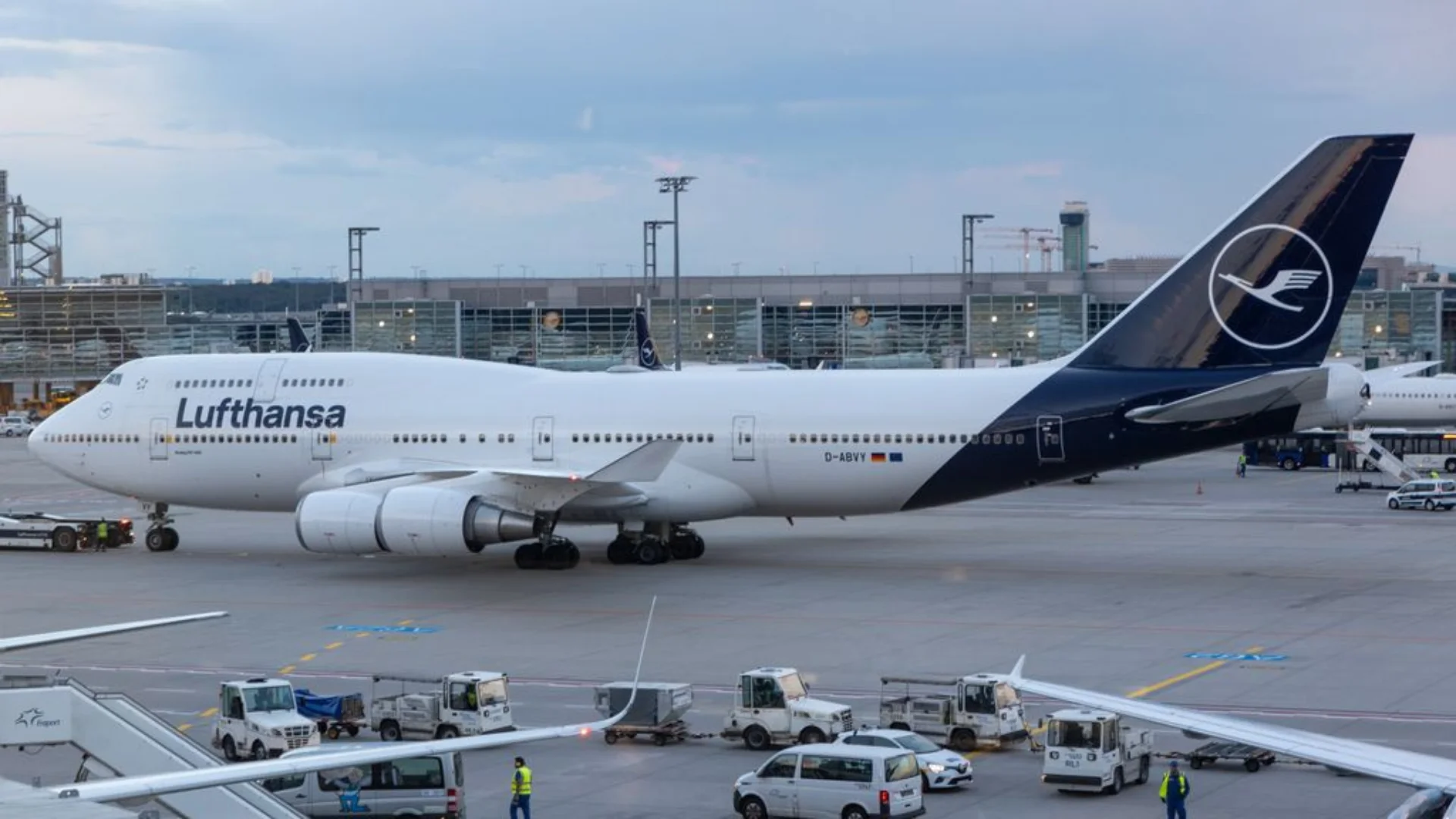How fuel-efficient is the Boeing 747-400, an iconic aircraft introduced in 1989? As airlines face increasing pressure to reduce emissions and operating costs, understanding the fuel efficiency of such aircraft has become crucial. The Boeing 747-400 cruises at approximately Mach 0.85, burning about 3,800 gallons of fuel per hour, translating to roughly 0.15 miles per gallon. When factoring in a typical passenger load of 364, this equates to around 55 passenger-miles per gallon.
Factors influencing the Boeing 747-400's fuel efficiency include its weight at takeoff, cruising speed and altitude, engine type, atmospheric conditions, and flight-phase profile. The aircraft's maximum takeoff weight can reach up to 875,000 lbs (396,890 kg), impacting fuel consumption based on payload and route length. Its cruising speed is standard at Mach 0.85 (~580 mph), but adjustments for headwinds or scheduling may occur.
The Boeing 747-400 was equipped with various engines like the Pratt & Whitney PW4056 and Rolls-Royce RB211-524G/H. Each engine's specific fuel consumption plays a role in overall efficiency. Weather conditions such as tailwinds or headwinds significantly affect MPG as well.
 Alerts Sign-up
Alerts Sign-up











